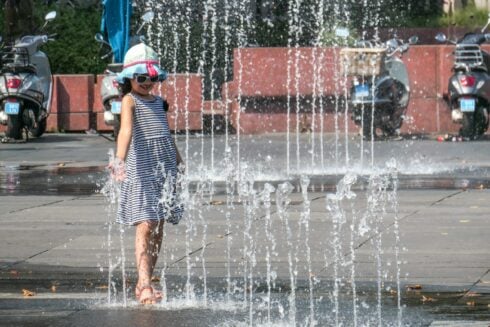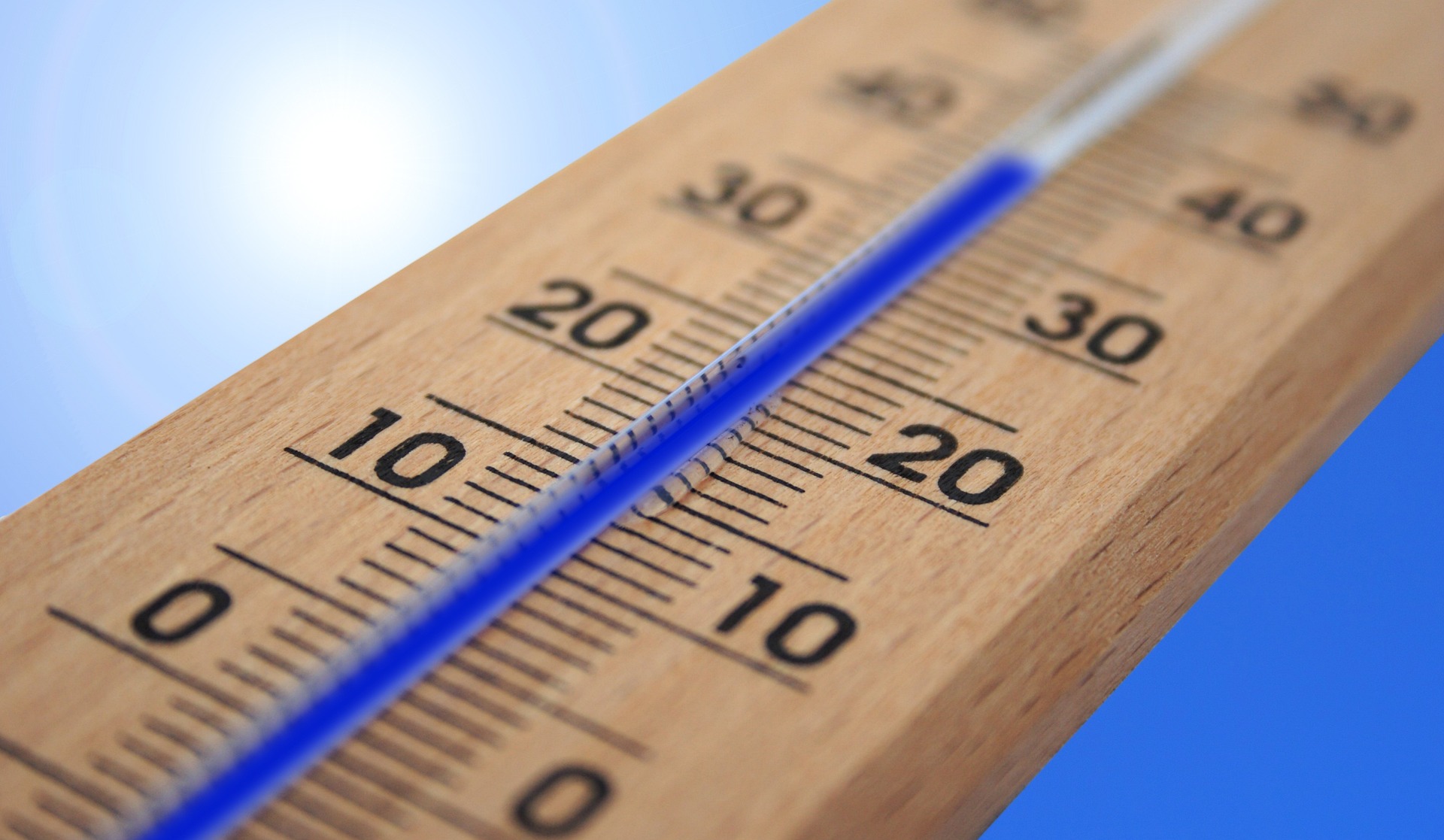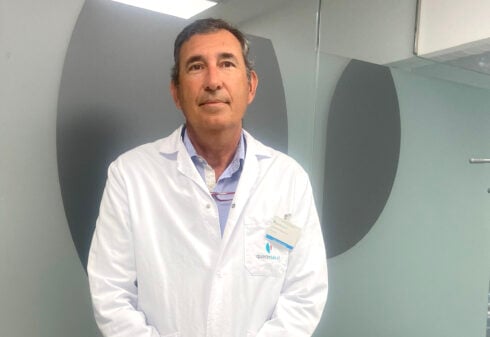A PARADE of heatwaves over the last two months has contributed to a 57% rise in heat-related deaths during July.
The Daily Mortality Monitoring System(MoMo) reported 1,046 fatalities last month caused by high than average temperatures.
The year with most recorded heat-linked deaths was 2022 with 2,217 victims after a summer that had 41 days of excessive temperatures.
READ MORE:
- Health risks spike as heatwave continues across Spain
- Keeping cool during hot weather in Spain with tips from health experts

That total is set to be challenged this year, with already 19 lives lost in the early days of August.
One of those was a man in Badajoz which suffered 43C temperatures on Monday and the forecast suggests little change and perhaps even higher values this week.
Although heatstroke is regarded as being the main killer during high temperatures, it is just one factor.
Marta Gonzalez, a member of the Spanish Society of Public Health and Health Administration, told El Mundo: “Extreme weather affects well-being in many ways, manifesting itself not only in heat stress, but also in an increase in mortality from previous diseases.”
During high temperatures, heatstroke is not the only killer but are fatalities connected to chronic conditions due to the state of weather.
Someone who has suffered from heart failure will suffer a worsening of their condition due to dehydration.
The elderly are especially vulnerable as they have a more limited thirst reflex, tend to drink less water and can become dehydrated more easily
Speaking to El Mundo, Internal Medicine specialist, Juan Torres Macho, said: “They may be on medications that cause dehydration such as diuretics or drugs that lower blood pressure. If you add the heat to that, the risk of complications increases.”
The same applies to people suffering from neurodegenerative diseases, such as Alzheimer’s.
On many occasions they have difficulties communicating their basic needs, including the need to have a drink.
In the face of a heatstroke emergency, there are no quick cures.
Patients are often admitted to hospital where they are given a combination of physical cooling (such as cold blankets, baths, or special devices), respiratory support – sometimes with intubation – and constant monitoring of their vital functions.
Click here to read more Health News from The Olive Press.








